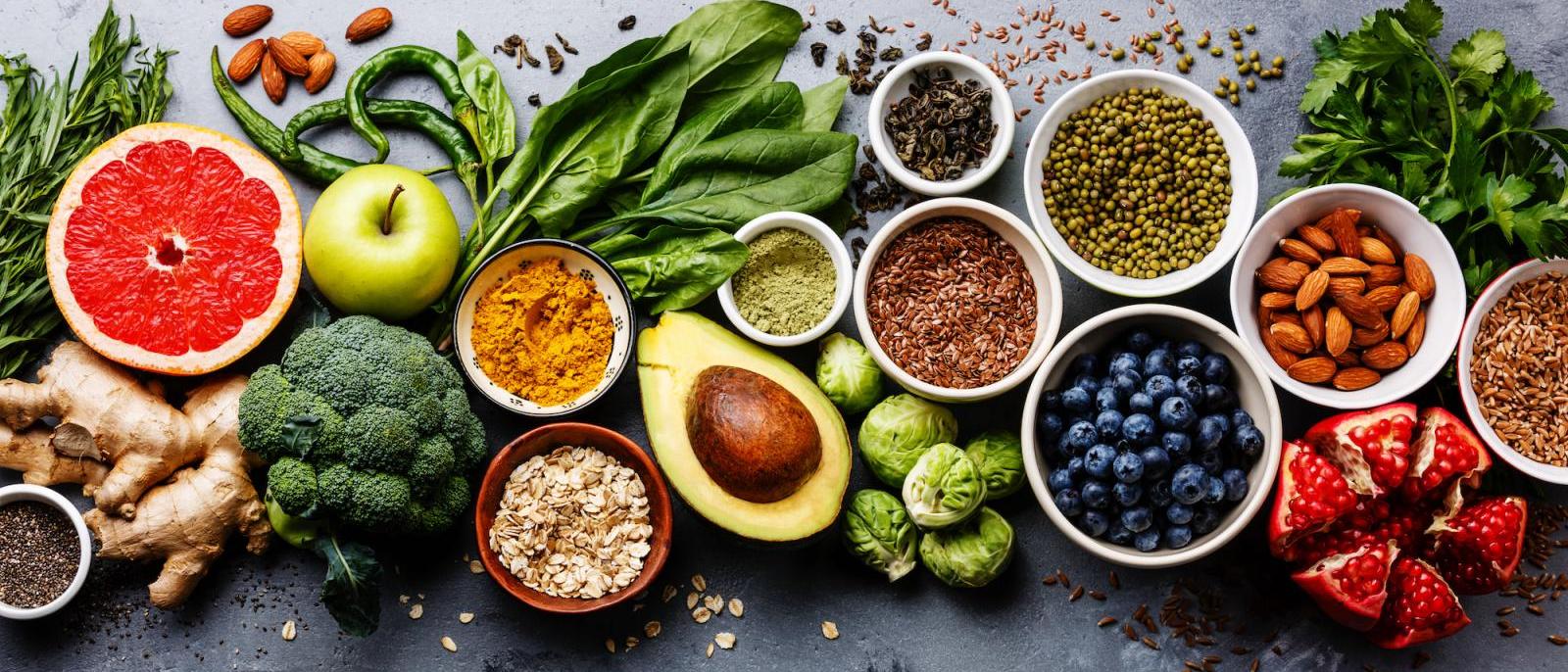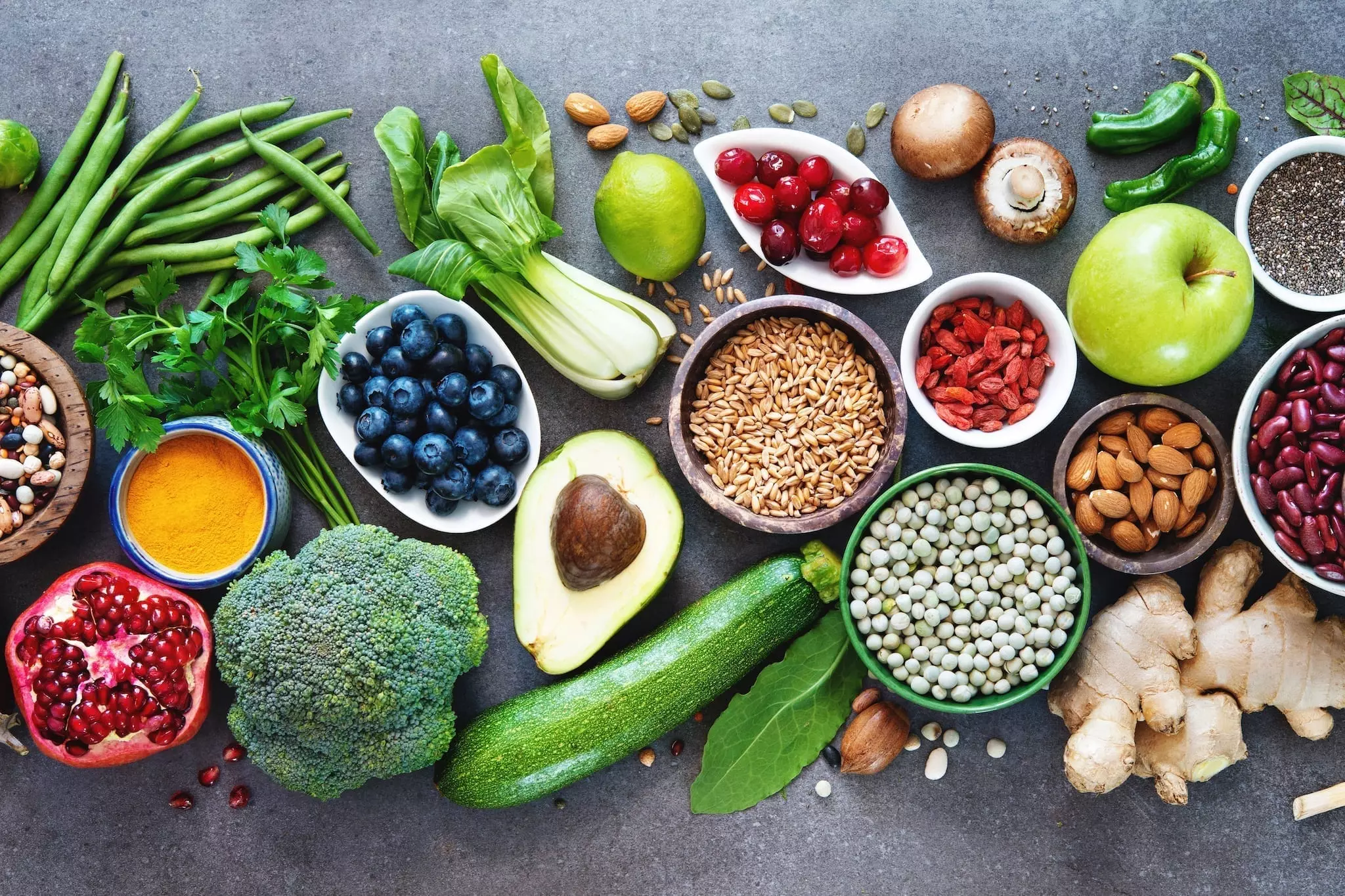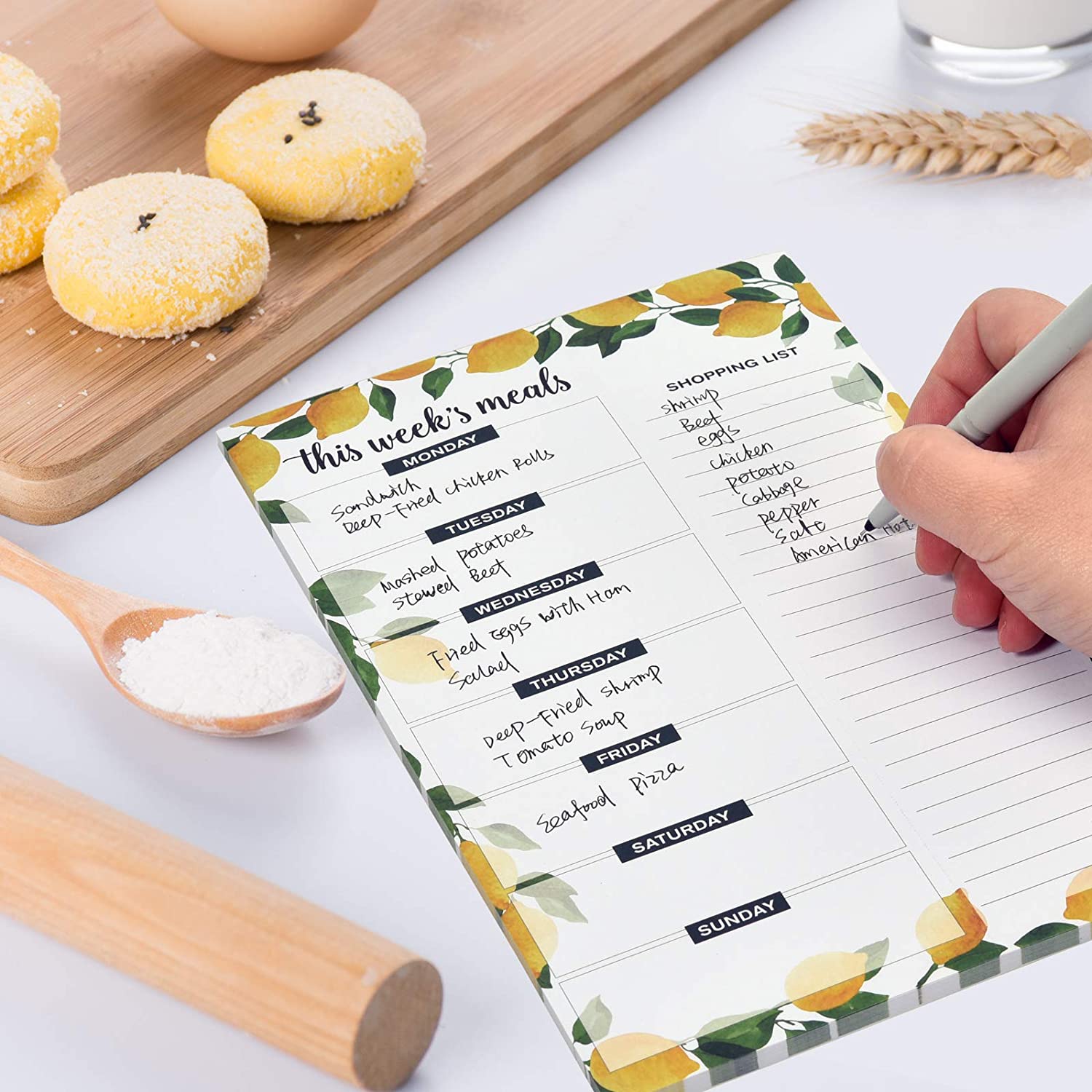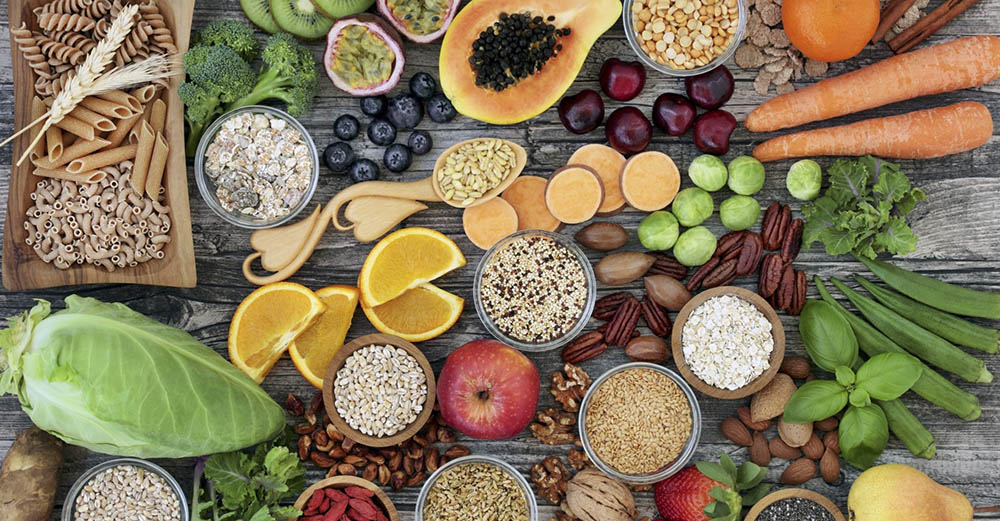You don’t have to overhaul your entire kitchen to support your hormones.
But a few intentional swaps can radically reduce inflammation, support liver detoxification, and help regulate blood sugar and oestrogen—all vital during menopause.
Let’s walk through your kitchen, one cupboard at a time.
???? 1. Swap Refined Carbs for Fibre-Rich Whole Foods
Instead of: White bread, pasta, pastries, processed cereals
Try: Rolled oats, quinoa, brown rice, sweet potatoes, sprouted grain bread
Why it matters: Fibre helps eliminate excess oestrogen, feeds your gut microbiome, and stabilises blood sugar—reducing fat storage and mood swings.
???? 2. Swap Butter & Vegetable Oil for Whole-Food Fats
Instead of: Margarine, canola or sunflower oil
Try: Avocados, tahini, ground flaxseed, chia pudding, nut butters
Why it matters: These whole-food fats are rich in omega-3s, which reduce inflammation and nourish hormone production—without the oxidative stress of processed oils.
???? 3. Swap Animal Proteins for Plant-Based Options
Instead of: Bacon, cheese, red meat, deli meats
Try: Tempeh, tofu, lentils, hemp seeds, chickpeas, black beans
Why it matters: Animal products can increase saturated fat and hormonal load. Plant-based proteins offer fibre, phytoestrogens (which help balance hormones), and anti-inflammatory benefits.
???? 4. Swap Processed Snacks for Healing Treats
Instead of: Chocolate bars, chips, biscuits
Try: Homemade bliss balls with dates, tahini, and cacao; roasted chickpeas; herbal teas
Why it matters: Blood sugar crashes wreak havoc on hormone balance. These alternatives satisfy cravings while fuelling the body with nutrients and healthy fats.
???? 5. Swap Sugary Drinks for Detoxifying Tonics
Instead of: Juice, soft drinks, alcohol
Try: Sparkling water with lime and mint, dandelion tea, beetroot or ginger tonic
Why it matters: Sugary drinks spike insulin, while alcohol burdens the liver. Your liver is your hormone-clearance organ—keep it supported to keep symptoms at bay.
Bonus: Add This to Your Daily Routine
???? Our Daily Detox Blend supports your liver and gut
???? The Anti-Inflammatory Blend helps reduce pain, hot flushes, and brain fog naturally.
???? Ready to reset your kitchen and hormones? Book a 1:1 consult – email kathy@flourishln.com.au and we can work out a time that suits you.
???????? Next up: Why Gut Health = Hormone Health
Here’s a sneak peek…
???? Why Gut Health = Hormone Health—The Link Every Woman Needs to Know
Feeling off-kilter in menopause isn’t just “in your head.” It may be in your gut.
Your gut is responsible for:
- Metabolising oestrogen
- Clearing excess hormones
- Regulating inflammation
- Controlling mood via neurotransmitters
When your gut’s off—everything’s off.








